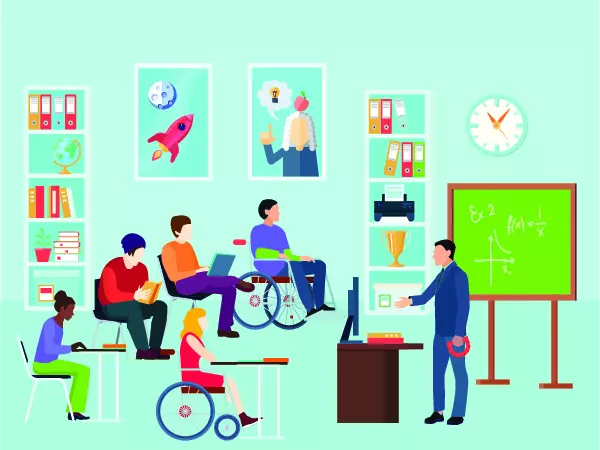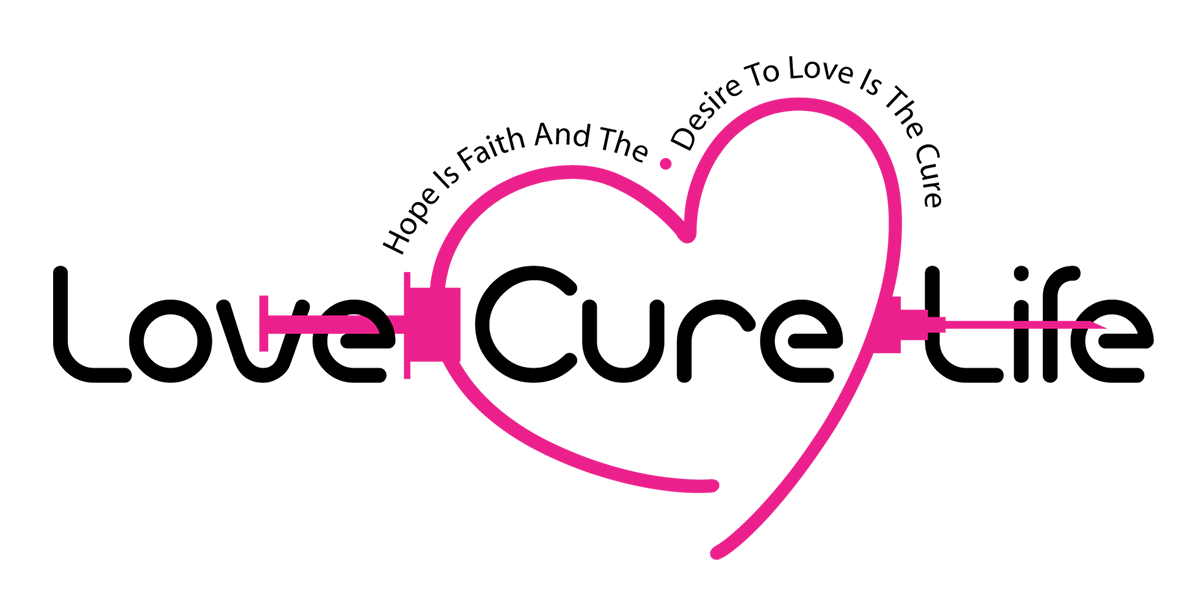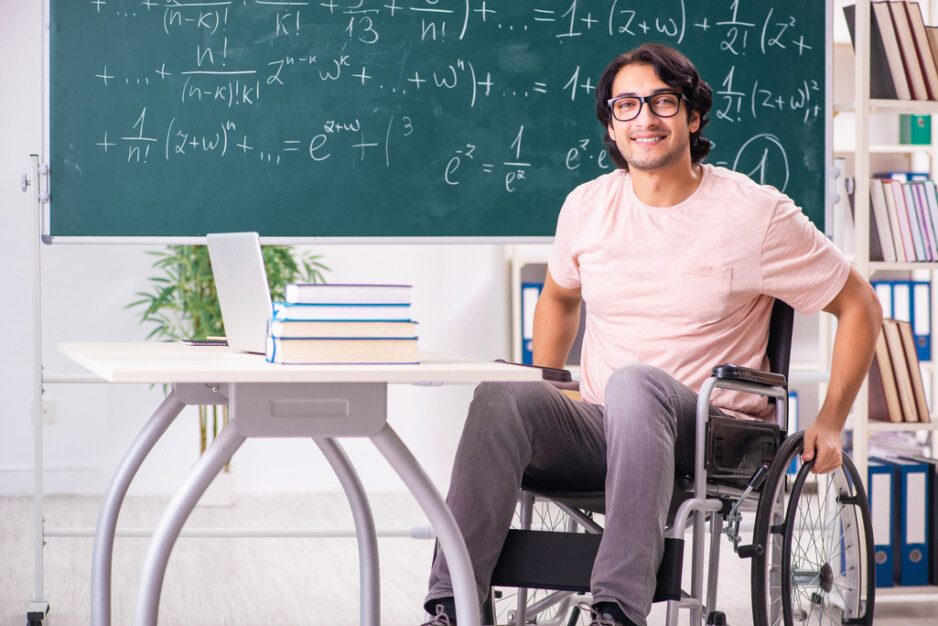Introduction: What Do Disabled Students Have to Deal With in University?
In this article, I will discuss the difficulties disabled students have to face in university.
This is not just a problem for disabled students but also for the universities themselves. The first issue is that universities are not very accessible and they may not be able to accommodate all different kinds of disabilities. For example, some universities may only have one wheelchair-accessible bathroom and it might be located far away from classrooms or labs.
Furthermore, some professors may not understand the needs of their disabled students and they might feel frustrated when their professor does not include them in class discussions or assignments.
The last issue I will mention is that disabled students often feel isolated on campus because they are unable to participate in many of the activities that other students can do.

How Do Disabled Students Start University?
Disabled students are often given the same opportunities as their able-bodied counterparts in the university setting. A disabled student may have to take some extra steps to ensure they are able to succeed in their studies, but these can be made with a little planning and effort to successfully carry out their studies in the university setting. These steps can include providing information about their disability and what accommodations they may need to have a successful academic experience. There are a number of things that can be done to ensure there is an inclusive environment for all students at the university level, such as having a teaching assistant and modifying assignments for students with learning disabilities. In order for students to succeed in their studies and have a better academic experience, it is important that they are provided the necessary accommodations and services to help them succeed. Many disabled students are not able to receive the accommodations they need at the university level. This can occur in a number of ways, such as through having too many students apply for a program or faculty not understanding what is needed. A sign of needing more services is when disabled students are told that there is no space in the program and their only option is to withdraw from school.
If a student is not able to attend a university due to the fact that there is not enough room in the program, that could be an indication of needing a larger program and/or more spots for students.
How can I Support My Disabled Child Starting University?
There are many ways to support your disabled child when they start university. One way of doing this is by making sure that they have a mentor who can help them through the challenges of university life. Mentors can provide disability-related advice, as well as advice on how to access accommodations and resources. A mentor is someone who has gone through the challenges of university life, but is not a professional in the disability field. They can provide advice on many different topics such as accommodation and resources that may be helpful for your child at university, but it’s important to remember that they are not professionals in the disability field so it’s important to also consult with professionals for specific questions about your child’s disability. Mentors are not required to be a professional in the disability field, but it’s important to consult with professionals for specific questions about your child’s disability. Many students choose a mentor who has gone through the same challenges they’ve faced and want to help them. If your child has chosen a specific individual to be their mentor, it’s important to pay attention to what types of support your child wants from their mentor. Some students may just want someone who can talk about the struggles of college life, others may want someone who can help them find resources for university.
What support does the Government Provide for Disabled Students Starting University?
The United States Government provides a variety of support for disabled students starting university. These include grants for equipment, financial aid, and scholarships. The government also provides resources to help students find the right university and class level. The United States Government is committed to providing equal opportunities for all people regardless of disability status or race. There are many programs in place that provide support specifically for disabled students entering the university system.
These include the following:
The Higher Education Act of 1965
The Title IV part A and B programs
Title VI of the Rehabilitation Act of 1973 and its amendments Section 504
The United States Government provides many resources to help students with disabilities start university. These include the following: Grants for equipment Financial aid, in-state tuition and special scholarships for students with disabilities.
Conclusion
In conclusion, it is important for disabled students to know that they are not alone and that there are many resources available to help them succeed in university. With the proper support, disabled students can overcome any challenges they may face and achieve their academic goals.

